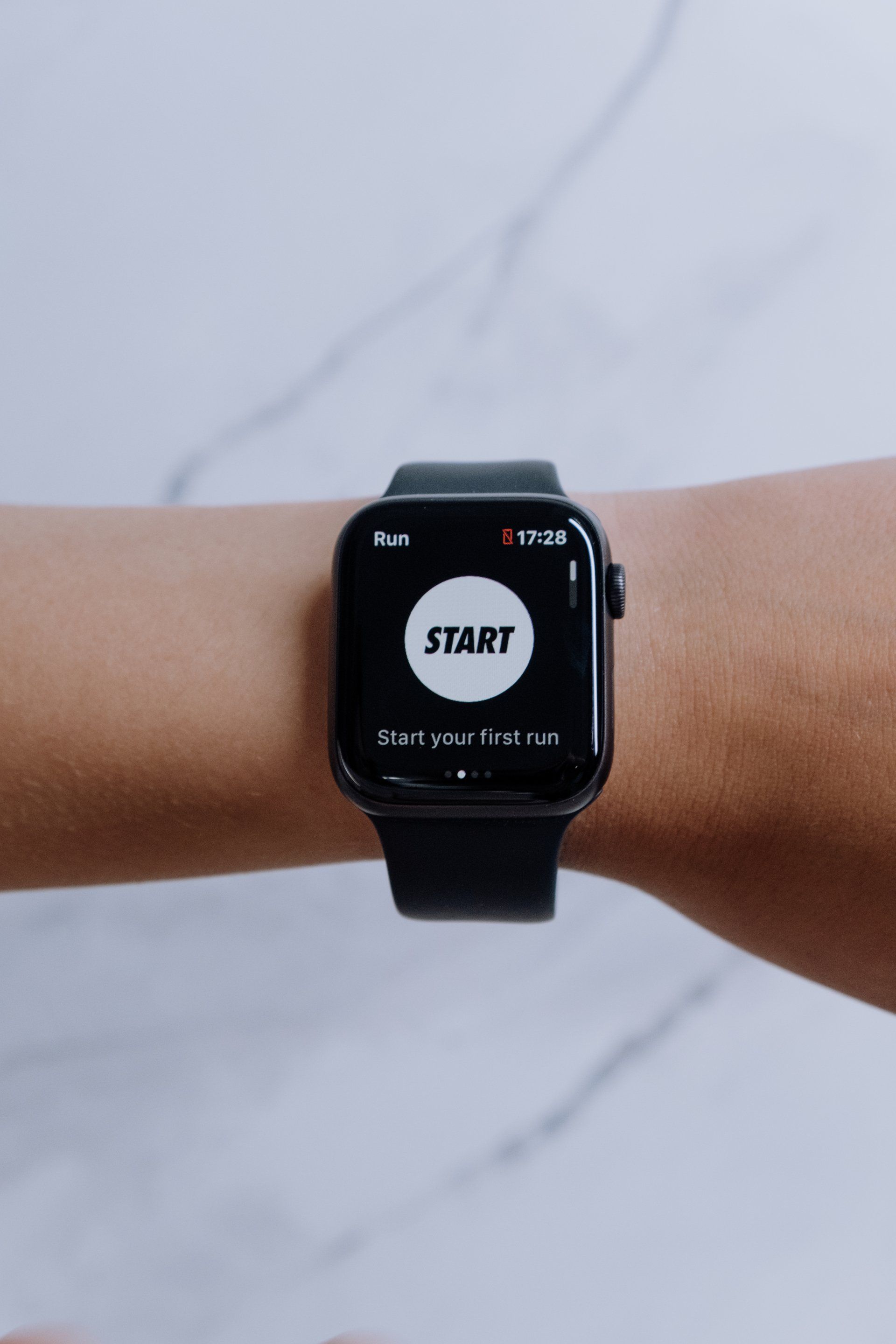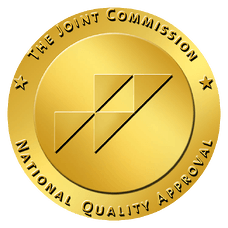
CONTACT __|__(765) 780-7689

Wabash Blog: A Stronger Recovery

By Evan Grimes
•
September 29, 2023
How Long is Residential Rehab? Residential rehabilitation offers a holistic approach to helping individuals overcome their substance use disorder. The duration of your stay in a residential rehab facility may vary, but the ultimate objective is to provide a secure and nurturing environment conducive to healing and recovery. The length of your residential rehab program depends on various factors, whether an extended stay lasting 90 days or more or a shorter-term stay of less than 30 days. Average Length of Stay for Inpatient Rehab Individualized residential rehab programs typically last between 28 and 90 days and are tailored to meet each patient's unique needs. However, most individuals tend to stay for less than 30 days. The length of stay is based on factors such as the individual's progress, severity of addiction and co-occurring disorders, motivation for change, and treatment plan. For some, a short-term stay may suffice, while others may require a more extended duration to address complex issues. It's worth noting that the length of stay can be extended beyond the initial plan if necessary. Additionally, many facilities offer aftercare programs to provide further support. Factors That Impact Rehab Length Several factors contribute to determining the appropriate duration for your stay in a residential rehab program, such as: Type and severity of substance use disorder: People with more severe forms of addiction due to highly addictive substances like opioids, meth, and cocaine may require longer rehab stays than marijuana. Co-occurring mental health disorders: Individuals who are dealing with the simultaneous presence of mental health disorders like depression, anxiety, or PTSD often necessitate an extended period of time to address both their addiction and mental illness effectively. For U.S. Military veterans, managing co-occurring complex PTSD may require a residential treatment program lasting 45 days. Similarly, individuals grappling with more pronounced co-occurring personality disorders such as borderline personality disorder (BPD), narcissistic personality disorder, or schizoid personality disorder may require an extended stay in residential treatment due to the intricate nature of these conditions. Attitude towards treatment and recovery: Individuals who maintain a positive attitude towards recovery have a higher chance of receiving timely care compared to those who resist it. Continuum of care availability: If a facility offers a continuum of care, this can help reduce the length of the stay by providing additional support through outpatient and aftercare services. Drug use history: Individuals struggling with long-term drug addiction may require an extended duration within the facility in order to cultivate fresh coping mechanisms and establish healthier routines. This extended period allows for more effective management of co-occurring disorders. The support system at home: Having a supportive home environment, understanding family members, and understanding friends can aid a successful transition after rehab. Benefits of Long-Term Rehab It's essential to understand that the duration of a residential. rehab program is just a component of recovery. Opting for a longer treatment plan can aid individuals in making permanent modifications to their lifestyle and avoiding relapse. A prolonged stay allows for the cultivation of beneficial habits, including a balanced diet, regular exercise, and effective stress management techniques. In addition, availing of various programs, therapies, and services can enable individuals to identify the underlying causes of their acquisition of new skills to prevent relapse. Residential Rehab in Kokomo by Wabash Recovery At Wabash Recovery, we understand the importance of providing comprehensive care in a safe and supportive environment. Our residential rehab facility is located in Kokomo, Indiana, on a spacious property. Our residential treatment program is 28 days, but we also offer flexible residential treatment. Our flexible residential treatment program allows us to customize your residential length of stay based on your unique needs. Some patients may only need residential treatment for two weeks before switching to our IOP programs. Others may need to stay in residential treatment for the full 28 days but can step all the way down to IOP. This tailored approach helps us meet you where you are in your recovery. If you are interested in learning more about our residential rehab programs, contact us or get started on the journey to recovery today. CALL US AT 765-780-7689

By Evan Grimes
•
September 25, 2023
When it comes to drug and alcohol rehabilitation programs, the 28-day treatment model stands out as one of the most recognized and effective approaches. Initially designed to address alcohol abuse and the principles of the 12-step program advocated by Alcoholics Anonymous, this model has evolved to tackle various substance abuse issues. It takes a multi-faceted approach, treating chemical addiction as a complex illness influenced by biological, environmental, and psychological factors. For those grappling with addiction, it's crucial to understand that it's a chronic medical disease that won't simply vanish with willpower alone. The 28-day treatment model offers a well-rounded prescription for combating addiction by addressing all aspects of an individual's condition. A Holistic Approach The cornerstone of the inpatient 28-day treatment model is its holistic perspective, viewing individuals as integrated beings of mind, body, and spirit. The journey begins with detoxification, a crucial step in stabilizing a patient's physiological symptoms and guiding them through the challenges of withdrawal. Medical professionals may prescribe medications to facilitate this process, but the primary objective is to ensure a comfortable and safe detoxification experience. Once the biological issues are managed, those in recovery can wholeheartedly embark on the path to strengthen their psychological, emotional, and spiritual well-being. Rebuilding from Within Education, individual and group counseling, creative and physical activities, and personal reflection are integral components of the 28-day treatment model. These elements equip patients with knowledge about addiction, aid in rebuilding their identities, and nurture their emotional selves. They are provided with valuable tools to identify and dissect the environmental and psychological factors underlying their chemical dependency. This newfound understanding empowers them to recognize patterns of destructive behavior and choices that might hinder their recovery. Ultimately, individuals in recovery are guided towards embracing fresh ways of existing in the world, along with the exciting possibilities it holds. Becoming Whole Again The 28-day treatment model guides patients in reconstructing a healthy and contented life by thoroughly examining all the facets that constitute their identity. Through this process, individuals often come to the realization that their chemical dependency emerged as a result of neglecting certain aspects of themselves. By addressing each facet, patients emerge from recovery as whole individuals, reconnected with every part of their being and the world at large. This program offers them the opportunity to start a new chapter based on sobriety, good health, invaluable wisdom, peace of mind, and an open heart. CALL US TODAY TO BEGIN YOUR TREATMENT - Wabash Recovery is here for you or a loved one!

By Evan Grimes
•
September 8, 2023
When embarking on the journey When embarking on the journey to recovery, entering rehab is a crucial first step. In the initial days, the focus is on detoxification, followed by a period of adjustment to the rehab environment, typically spanning the first 2-3 weeks. During this adjustment phase, individuals participate in both group and individual therapy sessions. The goal is to delve into the root causes of addiction while equipping individuals with coping strategies and relapse prevention techniques. The duration of 28 days may seem fleeting. It provides an opportunity to grasp fundamental concepts of 12-step programs, relapse prevention, and understanding the nature of addiction. However, it might not offer ample time for comprehensive lifestyle changes necessary for sustained sobriety. The Effectiveness of Rehab Duration: According to the National Institute on Drug Abuse, the duration of treatment is a pivotal factor in achieving lasting recovery. Research indicates that the majority of individuals require a minimum of 3 months (or 90 days) in rehab to substantially reduce or completely halt drug use. As a general guideline, extended time in rehab often translates to more favorable outcomes. This doesn't imply spending the entire 90 days within a residential facility. Most individuals engage in a comprehensive continuum of care, encompassing 90 days or more in total. For instance, you may spend 28 days in inpatient treatment, followed by a month in a Partial Hospitalization Program (PHP) or Intensive Outpatient Program (IOP), and the final month in standard outpatient care. This progressive transition allows you to apply acquired coping skills in real-life scenarios while still receiving crucial support. Pros and Cons of 28-Day Rehab: Short-term rehab programs come with their own set of advantages and drawbacks, necessitating careful consideration before making a choice. Pros of 28-day rehab include: Cost-effectiveness compared to long-term treatment. Often covered by insurance plans. Minimal disruption to work, education, family, and other responsibilities. Cons of 28-day rehab include: Inadequate time to address underlying conditions such as depression, anxiety, or trauma. Potential for individuals to rush through treatment. May not be sufficient for individuals with severe substance use disorders. Extending Your Stay in Rehab: It's entirely normal not to feel entirely prepared to leave rehab after a mere 28 days. Addiction is a multifaceted challenge that often demands prolonged treatment. If you believe you're not ready to depart after a month, that's perfectly acceptable! The beauty of recovery programs lies in their adaptability. You should never feel compelled to leave a treatment program before you're genuinely ready. The ideal length of your stay is determined by your specific treatment requirements and the progress made during therapy. If, as day 28 approaches, you and your addiction counselor agree that a longer stay would be beneficial, your treatment program can indeed be extended. Remember, the goal is your lasting recovery, and flexibility in the duration of treatment is a valuable asset on this journey.

By Evan Grimes
•
August 7, 2023
Navigating your recovery journey reveals that conquering alcohol cravings is paramount for long-term success. While curbing these cravings can be challenging, implementing a few strategies can significantly aid you in suppressing them during your recovery process. Employ these tips to sidestep triggers, bolster your resilience, and triumph over alcohol consumption urges. Nourish with Craving-Calming Foods Embrace the power of food as a means to bolster your body while resisting the allure of alcohol. Consider your favorite foods and their effects on your overall well-being. Certain foods harbor natural properties that assist your mind and body in detaching from the constant pull of alcohol cravings. By having these foods readily available, you can preempt cravings before they lead to detrimental decisions. Harness the Nutrients in Fruits and Veggies Prioritize a diet rich in fruits and vegetables, or introduce more if needed. These nutritional powerhouses stabilize blood sugar levels, effectively reducing alcohol cravings. Furthermore, they fortify your immune system and shield your liver, offering protection against the deficiencies often resulting from excessive alcohol consumption. Lean on Complex Carbohydrates As your body adjusts away from alcohol, cravings may emerge as your brain searches for alternative sources of energy. Rather than yielding to unhealthy demands, opt for fiber-rich complex carbohydrates, including whole grains, bread, and fresh fruits. These choices will leave you feeling satiated and curb cravings effectively. Elevate Dopamine Levels Through Food Prolonged alcohol consumption diminishes dopamine levels, leading to intensified cravings and an escalating need for alcohol. Combat these cravings by consuming foods like bananas, sunflower seeds, or caffeine-rich options that naturally reduce the urge for alcohol. Establish Purposeful Goals Setting goals is a fundamental aspect of any endeavor. When targeting a reduction in alcohol cravings, goal-setting becomes a pivotal initial step. This practice provides clarity on consumption limits, preferred choices throughout the day, and various considerations. To tailor goals to your specific stage of rehab, consult a healthcare professional for personalized guidance. Solidify Goals Through Writing Putting your goals in writing enhances their impact and memorability. Transform vague intentions into tangible reminders that persist throughout your day. Compile a list of motives for abstaining from alcohol, whether to nurture family relationships, excel at work or school, or achieve personal growth. Keep Alcohol Out of Reach The adage "out of sight, out of mind" aptly applies to alcohol cravings. While cravings might arise, their satisfaction is solely possible if alcohol is accessible. Prevent these urges by eliminating alcohol from your living space. This deliberate choice grants you the opportunity to explore alternative coping mechanisms and engage your mind constructively. Engage in Diverse Activities Diverting your focus is an effective strategy to mitigate cravings. Redirect your attention toward positive diversions, such as adopting a new hobby or taking a leisurely walk. Consider these engaging activities instead of succumbing to alcohol-seeking behavior: - Immerse yourself in invigorating music. - Embark on a refreshing stroll or jog in a local park. - Find enjoyment in a lighthearted show or video. - Tackle your weekly chores. - Rekindle an old passion or explore a novel hobby. - Indulge in a quick snack or soothing cup of tea. - Immerse yourself in a captivating book. By integrating these practices, you can proactively tackle alcohol cravings, empower your recovery journey, and embrace healthier alternatives. Ready to take charge of your recovery journey and overcome alcohol cravings? Start implementing these effective strategies today and pave the way to a healthier, alcohol-free life. Remember, every small step you take brings you closer to your goal of lasting sobriety. You've got this! CALL US NOW AT 765-780-7689
Contact Us At
765-780-7689
admissions@restoredlifecoc.com
1236 N Wabash Ave, Kokomo, IN 46901





